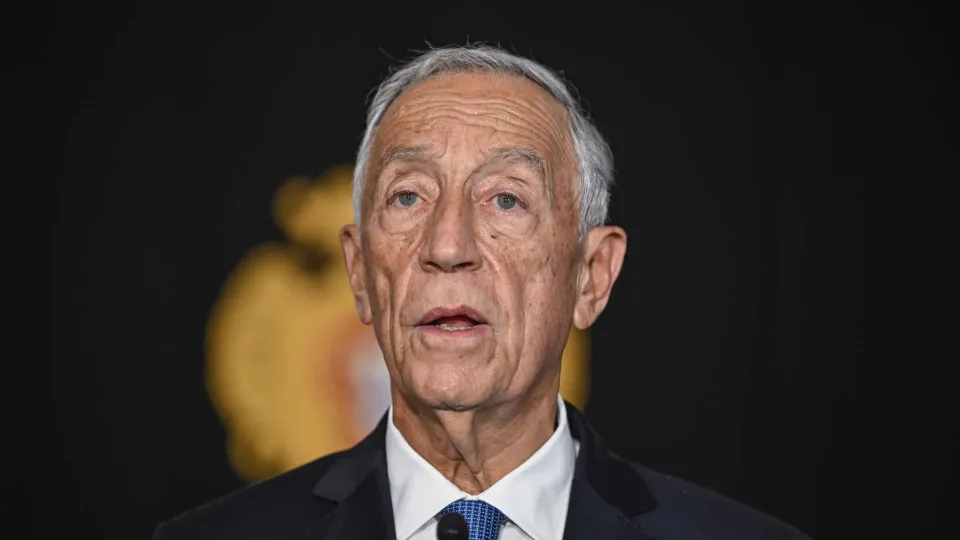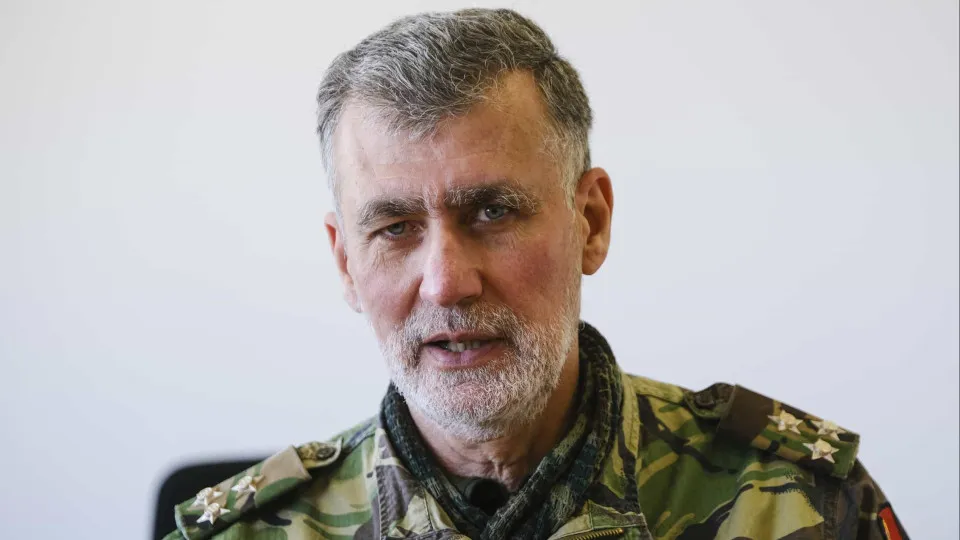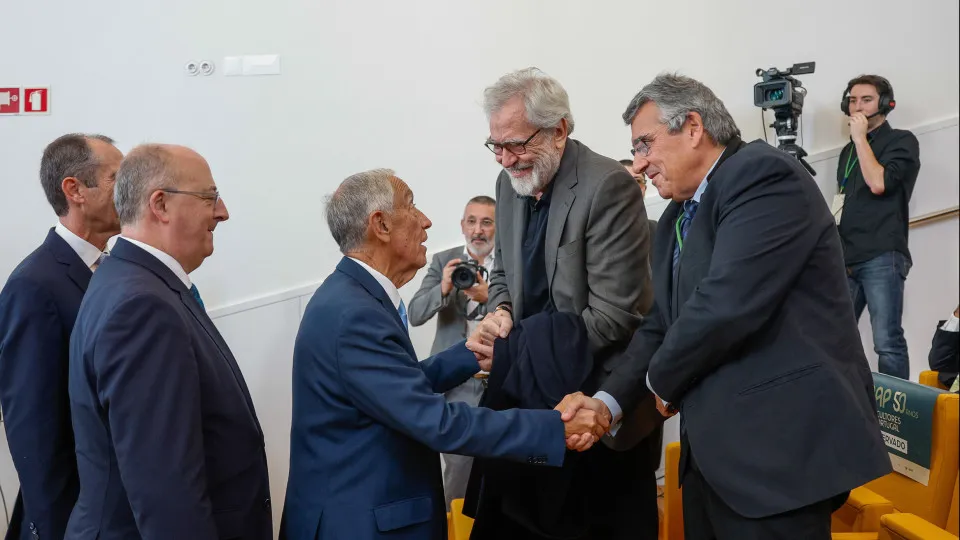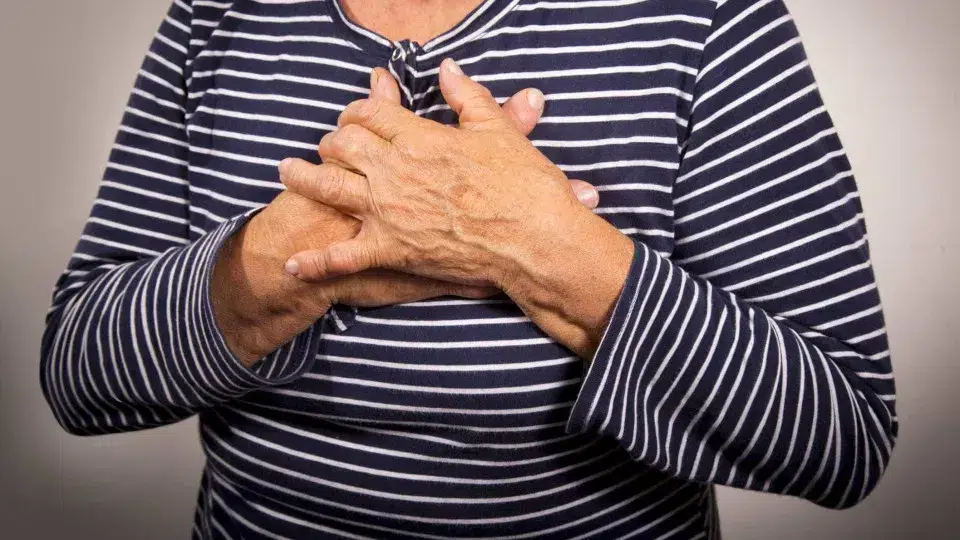
In his opening address at the 50th Anniversary Congress of the CAP – Confederação dos Agricultores de Portugal, in Lisbon, Marcelo Rebelo de Sousa highlighted the current government’s persistent efforts regarding European funds. He emphasized the “remarkable pace of disbursements due to achieving significant milestones and goals,” urging that these advances translate into funds reaching the final beneficiaries.
“This must result in funds reaching the final beneficiaries. State reform, bureaucratic administrative reform, and the increasing visibility of various legal and administrative hurdles are significantly slowing down the process of funds reaching their final beneficiaries. This issue is dramatic as we are a year and a month away from the normal utilization term of the PRR funds,” he warned.
The head of state acknowledged that, although “agriculture is notably vocal in this area,” this is a collective challenge, considering that “over nine billion euros have been paid out while there is ‘more than double’ the amount available from the Recovery and Resilience Plan funds.”
“It would not be dramatic if there was no need to change laws and administrative behaviors. Laws must be changed, administrative procedures must be altered. It wouldn’t be dramatic if the years 2022, 2023, 2024, and 2025 hadn’t already passed. Almost four years of the global term considered have elapsed. But this is a concern of the government,” he stated.
The President of the Republic further emphasized that the electoral choice of the Portuguese is currently “closer to the principles and viewpoints that CAP has always defended,” hence it would be “absurd” for there not to be convergence and capacity to meet the expectations and concerns of farmers.
In the same speech, the head of state also assured that he is “a witness” that the prime minister and the government “have a precise understanding of the difficulties of the ongoing discussions at the level of European institutions regarding future budget frameworks” and are aware of the challenges in maintaining a “medium and long-term vision” during times of “leadership dilution” and “objective dispersion.”
Marcelo addressed the role of Portuguese farmers in persuading increasingly metropolitan and concentrated politicians that “there is more to Portugal beyond them,” citing the fire season and the response to the separation of agriculture and forestry in state management as examples.
“This was a contradiction. It was separating in a reality that constitutes a universe, separating in homage to theoretical schemes that did not correspond to reality,” he argued.
In this speech, the head of state also praised the role of CAP in defending farmers and the rural world, as well as the confederation’s ability to understand the importance of “winning battles and wars” in the European Union.
The head of state commended the way this confederation has kept pace with global changes, such as the “shift of the center of Europe further East” or changes in global powers, for instance, with the end of the Soviet Union or the rise of China.
Hence, Marcelo took the opportunity to lament the subjugation of countries to “conflicts that should not exist” and developments that make one “always fear outcomes worse than the evolutions” of the world, stressing that “society needs stable values.”
“Knowing what one can rely on. Is an ally an ally or not? Or a semi-ally? Can an ally be an ally in some things and an impartial arbitrator in others? Or even a less allied arbitrator in some? And living with these realities is a disturbing circumstance in today’s times,” he argued.




